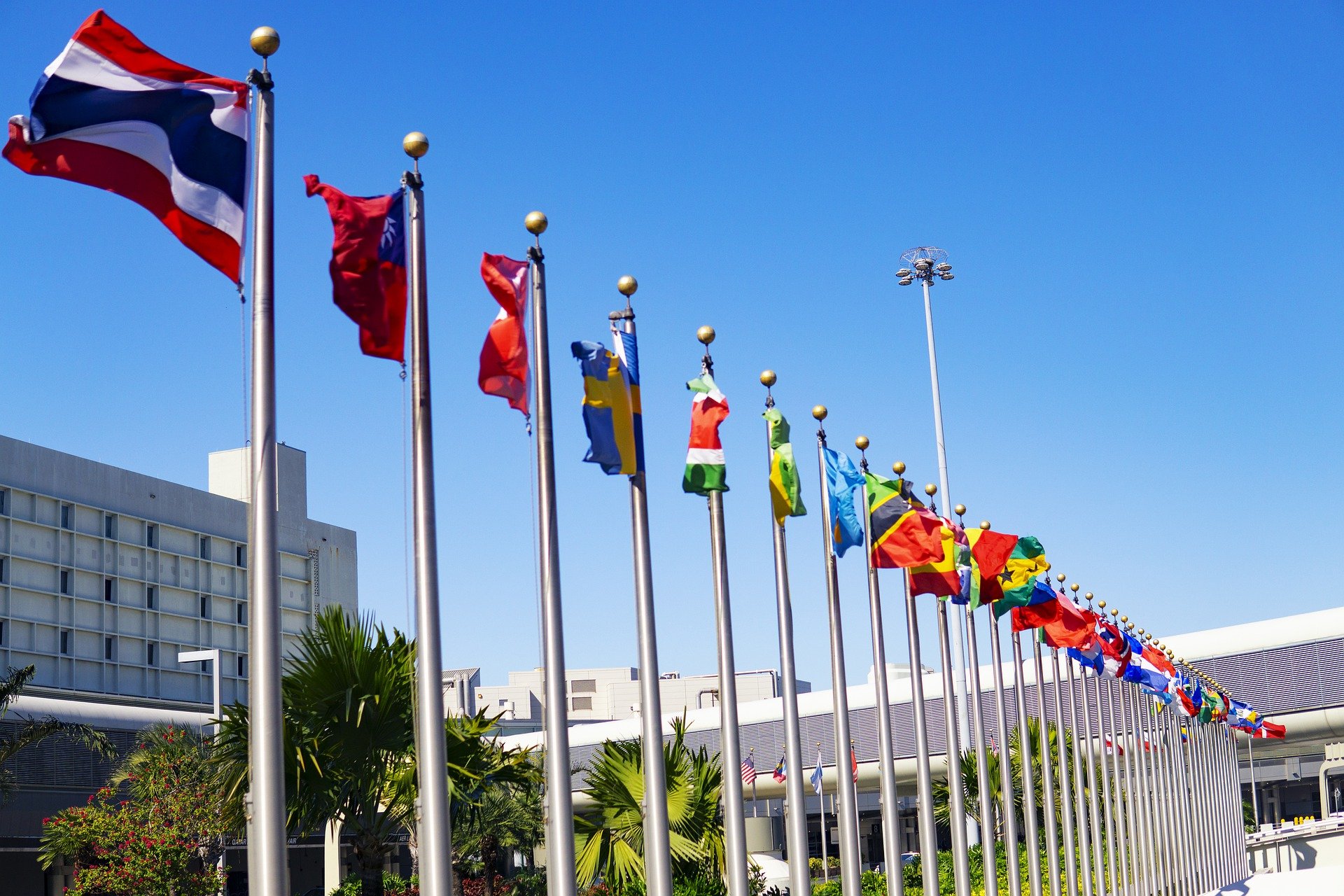Global Leadership Crisis Could Hamper Recovery
The current global economic crisis could turn out much worse than the 2008 Global Financial Crisis, given that we are seeing both depressed supply as well as demand. This continues to have a debilitating impact on businesses and society.
Thousands of businesses globally have been forced to shut shop, and millions have lost their jobs. The magnitude of the challenge we face as a global society is immense.
The existing challenge is compounded significantly by two other factors, the first of which is uncertainty around how long it will be before a cure or a vaccine of some kind can be found to bring life back to a semblance of normalcy; and the second, and perhaps more critical issue, is the lack of decisive, effective leadership.
The leadership vacuum can be felt across many countries in the world and this is arguably the greatest challenge the world is faced with as we look to find ways to forge a recovery and way out of this prolonged crisis.
To discuss potential ways forward, and other topics centered on how our societies and economies can get back on their feet, Horasis is organizing the Horasis Extraordinary Meeting, a virtual event, on 1 October 2020. The global leadership vacuum must be deliberated upon because sails must be adjusted to once again catch the trade winds and return to normalcy, albeit a new normal.
Where are the Leaders?
Elected representatives of the people are tasked with the responsibility of ensuring social and economic stability, the provision of basic services to citizens, and more broadly, improving lives. But in the past few years, a lot of these attributes seem to have been lost along the way in several countries, in a period that has coincided with the rise of populism globally.
Many leaders are concerned only with appeasing their electoral base and have the next election (win) in mind. One of the great casualties of this approach has been the death of any kid of mutual, cooperative arrangements with different stakeholders at a national level to determine ways out of this crisis.
COVID-19 has brought matters to a head because we are unfortunately in an era of inward-looking leaders, just when governments need to reach out to one another to provide support and to find common ways of dealing with a problem that impacts us all. There are question marks over the future of multilateralism and there is declining faith not only in multilateral processes and approaches, but also multilateral institutions.
Many believe these institutions have lost purpose. While they may not be as effective as we would like them to me, they are perhaps more important than ever in this day and age, particularly in the context of the crisis we are living through.
Collaboration is Key
An ideal working example of a multilateral body that has successfully delivered on many fronts is the European Union (EU). Sure, it has its flaws but in the larger scheme of things, the ideals set out by the EU have worked in favor of its member states. The issuance of the pandemic response bonds to help affected countries whether this crisis marks a very promising step for the Union.
With Brexit, and with persistent differences between states in terms of fiscal policy and the roles and responsibilities of the state, it had become fashionable to question the future of the EU. The most recent development has provided an example for the rest of the world to follow – it shows how bitter differences can be set aside when we have our backs to the wall and decide to fight for the common good. As much as we want to focus on unilateralism and “going it alone”, there is still a common good with benefits for all.
Another relevant example in this context is ASEAN. This grouping of 10 Southeast Asian countries has vowed to keep supply chains running, and to keep their economies open to trade and investment. This is an important step, particularly as many countries sought to secure essential supplies fearing a disruption in supply chains, and inadvertently disrupting the same supply chains even further. The ASEAN bloc provides an example of governments seeking to work together to address problems that transcend borders.
The Horasis Extraordinary Meeting seeks to bring this message to the fore, by bringing together government leaders, captains of industry, thinkers and academics, and those working in the social sector – all key stakeholders in building a better, more sustainable future.
At a Tipping Point
Unilateralism is not going to provide us with the answers we need on what is going to be a long road to recovery. Fragmented regulatory bodies have only added to the woes of people. Technology has ensured a more connected world and where information sharing is perhaps at its easiest ever. In the face of growing interconnectedness, how a unilateral approach is going to benefit the greater populace is hard to understand.
The political leadership must reconsider unilateralism because the world is facing unprecedented challenges. No sooner did we recover from the ravages of the 2008 Global Financial Crisis than we were sliding downhill into yet another trough.
Are political leaders not taking cognizance of past economic disasters to safeguard against repeat episodes? We must prioritize multilateralism in the interests of the greater good.
Photo caption: COVID-19 is a global challenge that cannot be addressed through disparate national responses.



